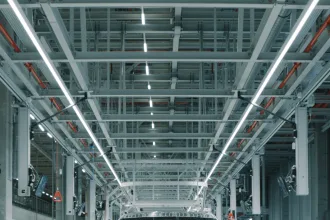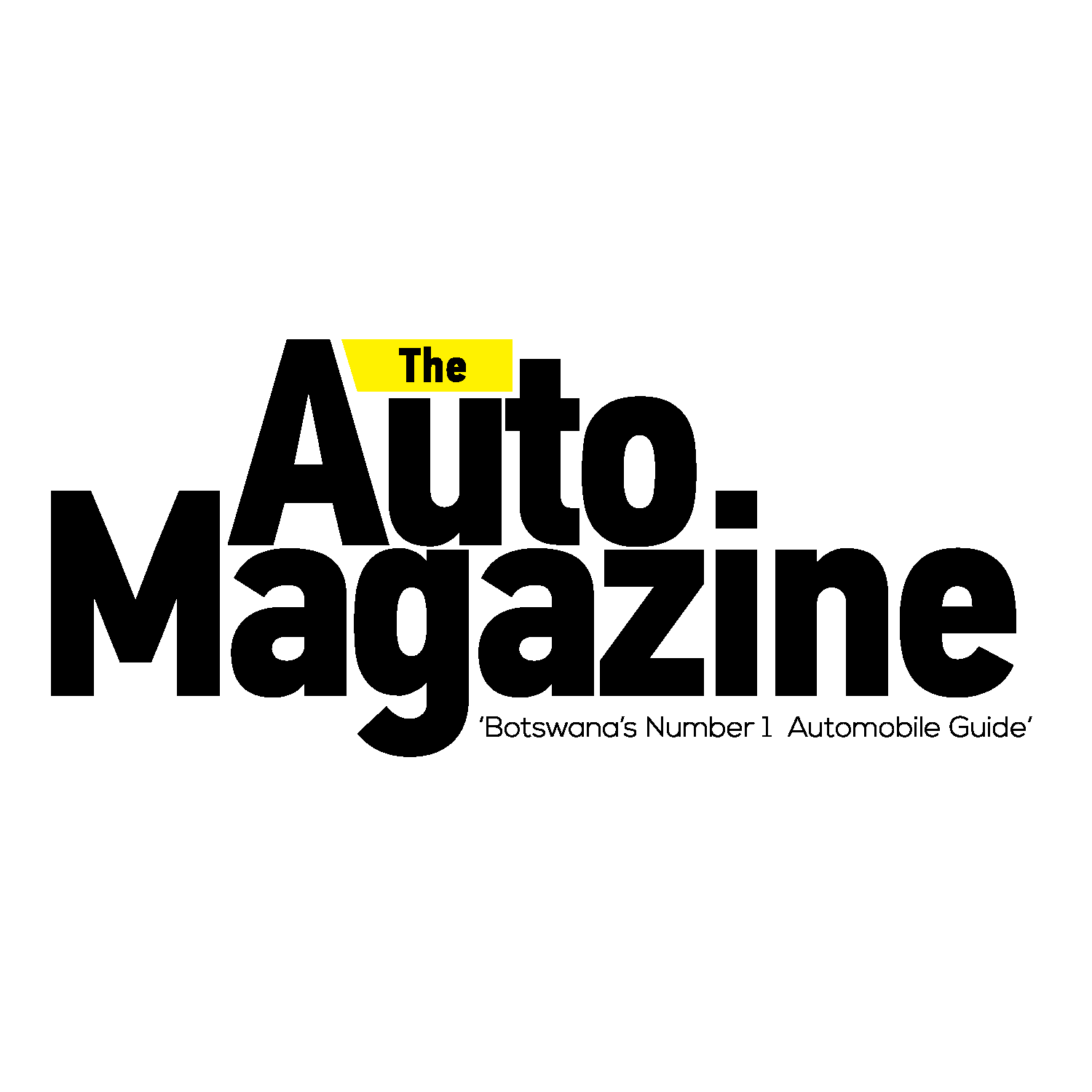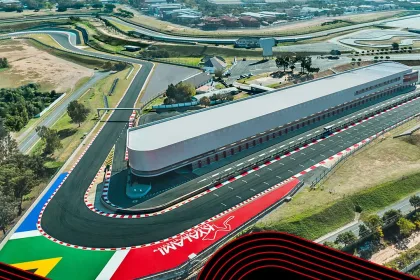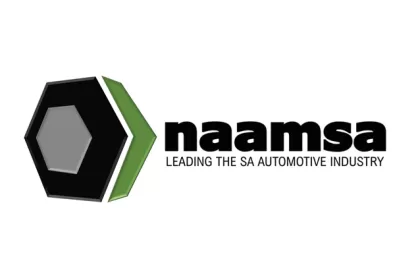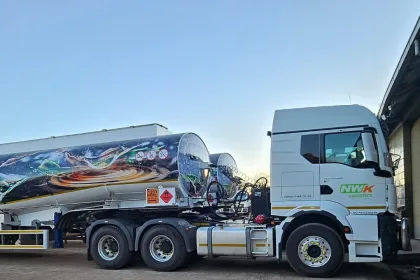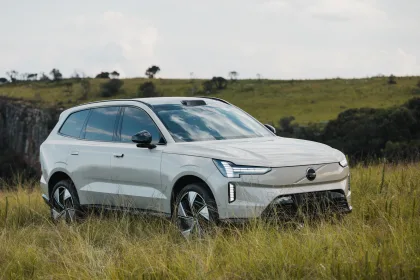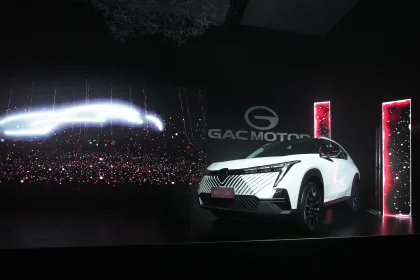“The lingering effects of cost-of-living increases, dampened consumer and business confidence combined with the country’s port challenges and persistent load shedding continued to undermine the new vehicle market’s recovery path”, says Mikel Mabasa, naamsa CEO. Aggregate domestic new vehicle sales in January 2024, were 41,636 units, reflecting a decline of 1,658 units, or a fall of 3,8%, from the 43,294 vehicles sold in January 2023. The trend continued the five consecutive months of decline up to the end of 2023 in the new vehicle market. Export sales recorded a decline of 442 units, or 2,1%, to 20,242 units in January 2024 compared to the 20,684 vehicles exported in January 2023.
Overall, out of the total reported industry sales of 41,636 vehicles, an estimated 35,108 units, or 84,3%, represented dealer sales, an estimated 11,5% represented sales to the vehicle rental industry, 2,2% to industry corporate fleets, and 2,0% to government.
The January 2024 new passenger car market at 28,790 units had registered a decline of 2,073 cars, or a loss of 6,7%, compared to the 30,863 new cars sold in January 2023. Car rental sales accounted for a sound 15,0% of the new passenger vehicles sales.
Domestic sales of new light commercial vehicles, bakkies and mini-buses at 10,871 units during January 2024 had recorded an increase of 248 units, or a gain of 2,3%, from the 10,623 light commercial vehicles sold during January 2023.
Sales for the medium commercial vehicle segment at 520 units reflected an increase of 61 units, or a gain of 13,3%, compared to the 459 medium vehicle sales recorded in the same period last year. The heavy truck and bus segments of the industry reflected a positive performance during the month at 1,455 units, which is an increase of 106 vehicles, or a gain of 7,9%, compared to the 1,349 units sold during the corresponding month last year.
The January 2024 exports sales number at 20,242 units reflected a loss of 442 vehicles, or 2,1%, compared to the 20,684 vehicles exported in January 2023. The weak performance of the new vehicle market in January 2024 remained intricately linked to the major economic headwinds that shaped the market’s performance in 2023, including highly indebted consumers, high interest rates, high food and fuel inflation, load shedding, and port backlogs and delays.
South Africa’s economic growth outlook for 2024, at 1,2%, although stronger than in 2023, remains a key challenge for the new vehicle market going forward in view of the close correlation between new vehicle sales and the GDP growth rate. The year is also marked by elections, not just in South Africa but also in other major markets, introducing an element of economic uncertainty. A start of an interest rate cutting cycle, likely to commence during the second half of the year but preferably earlier, accompanied by easing core and food inflation, and improvements in the country’s energy and logistics infrastructure could provide a much-needed relief for consumers and subsequently stir up some momentum in the new vehicle market.
Encouragingly, the Absa Purchasing Managers’ Index (PMI) relating to expected business conditions in six months’ time, despite the current economic woes, rose as respondents’ expectations turned more optimistic relative to current conditions.
“Following a record export performance in 2023, vehicle exports slightly declined year-on-year in January 2024 Several global externalities remain persistent, creating an uncertain backdrop for the year ahead, including sluggish global growth, a bullish inflationary environment and increased geo-political tensions. The global economy is expected to remain weak in 2024, but inflation is easing and interest rate cuts in major markets may be on the cards in the second half of the year, which would support the South African automotive industry’s export performance”, Mabasa said.
naamsa is looking forward to the new energy vehicle [NEV] regulatory framework details to be announced in the 2024 National Budget Speech on February 21, 2024 by the Minister of Finance, believing it would provide a much-needed injection of confidence for the South African automotive industry to accelerate its inevitable transition towards electric vehicle and associated component production and in stimulating demand for these new technology vehicles.
